As otolaryngologists are performing more procedures on an in-office basis, more are also using conscious sedation in the clinic setting.
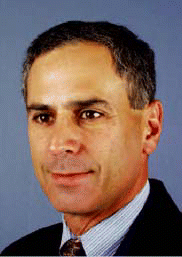

As otolaryngologists are performing more procedures on an in-office basis, more are also using conscious sedation in the clinic setting.
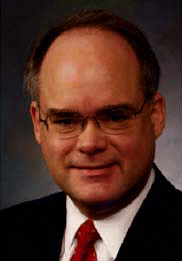
Pharmaceutical company representatives (PCRs) are as ubiquitous in otolaryngologists’ offices as seasonal allergies and ear infections.
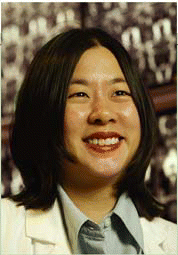
Standards proposed by the United States Pharmacopeia (USP) for the compounding of sterile medication could be applied to vial mixing in the office.

An estimated 31 million Americans are affected by some level of hearing loss and, as the population ages, that number will continue to rise.
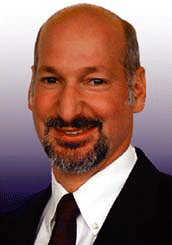
Payers are convinced that compensating physicians and hospitals for meeting quality targets, also known as “pay for performance” (P4P), is an important step in bridging the quality chasm identified by the Institute of Medicine in 1999.
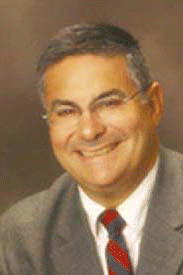
People of different political persuasions generally agree that the health care system in the United States is in deep trouble, but there is no consensus on how to fix it.
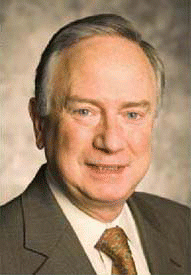
A new study from Dartmouth Medical School documents “staggering variations in how hospitals care for chronically ill elderly patients.” The study points to problems with quality and faults Medicare for unnecessary spending.

Drop-in retail clinics staffed by nurse practitioners or physician’s assistants may represent a fundamental and permanent change in how patients receive minor primary care in this country, providing affordable care and convenience-but do they serve the long-term health interests of otolaryngology patients and the doctors who treat them?
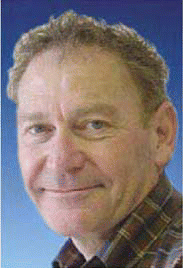
The business side of medical practice can sometimes be a bigger challenge than ferreting out a difficult diagnosis.